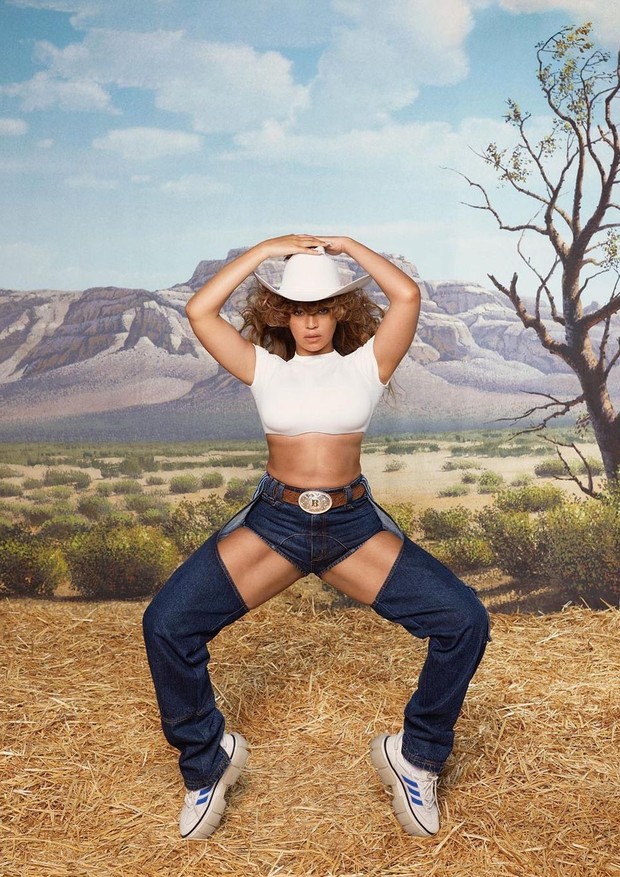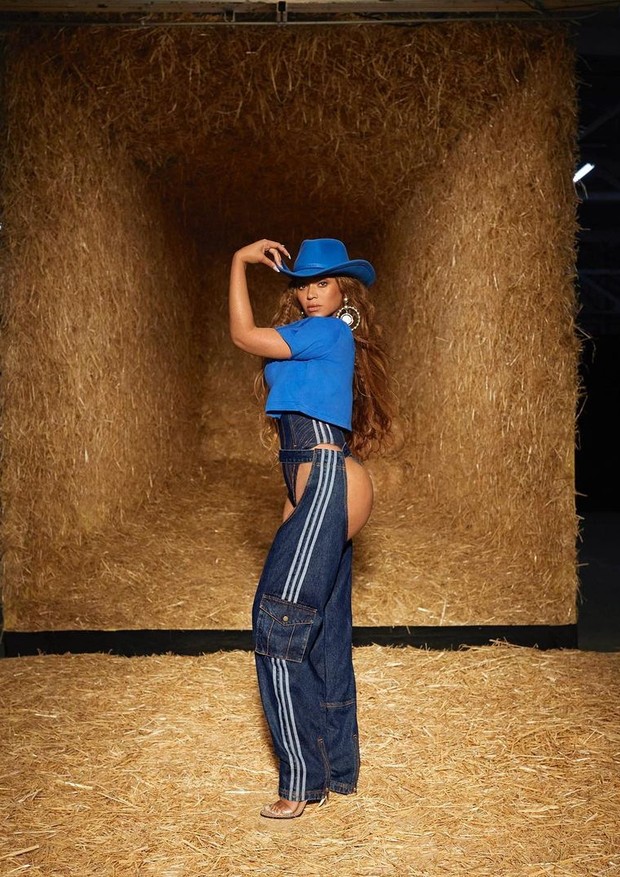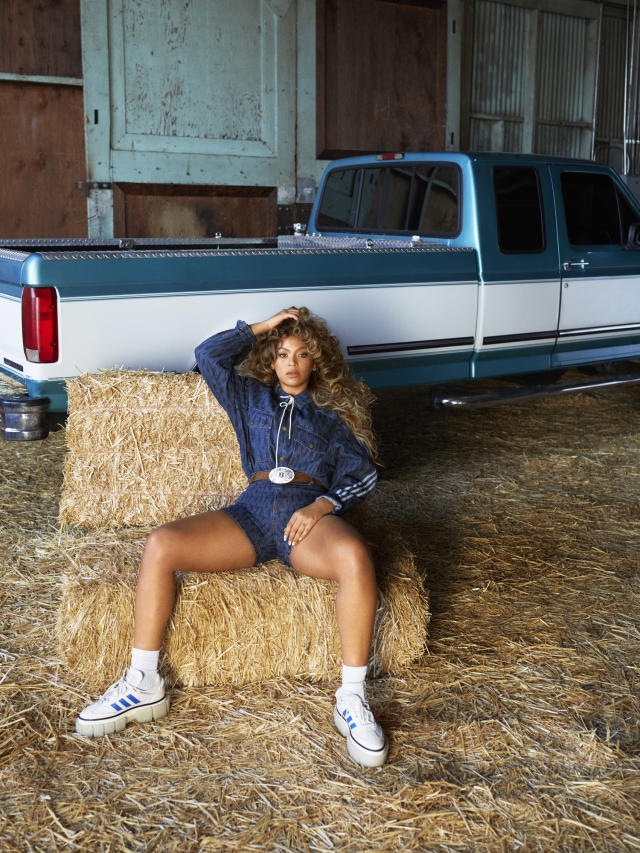On Tuesday, Oklahoma’s country music station KYKC refused to play Beyoncé’s new song “TEXAS HOLD ‘EM.”
They reversed the decision after Beyoncé’s fans complained that it’s a country song.
Here’s what to know about Beyoncé’s challenges with being recognized by the country music industry.
Beyoncé may be pivoting to country music for her upcoming album “Renaissance Act II,” but some fans of the genre are seemingly not ready to accept her yet.
Last week, Beyoncé announced during the Super Bowl that “Renaissance Act II” will arrive on March 29 and released two singles from the album: “TEXAS HOLD ‘EM” and “16 Carriages.” They are both country songs, leading fans to believe that will be the genre of “Renaissance Act II.”
On Tuesday, a Beyoncé fan wrote in an X post that he asked Oklahoma’s country music station to play “TEXAS HOLD ‘EM,” but was rejected.

The post contained a screenshot of the rejection email, where KYKC’s station manager Roger Harris said: “We do not play Beyoncé on KYKC as we are a country music station.”
The Beyhive, Beyoncé’s fandom, quickly kicked into action, with many fans complaining about the perceived snub on social media and others emailing the station to rectify the mistake.
Later on Tuesday, KYKC posted on X that they planned to play “TEXAS HOLD ‘EM” after receiving many calls.
A spokesperson from KYKC’s parent company, the South Central Oklahoma Radio Enterprises (S.C.O.R.E), told Entertainment Weekly on Tuesday that Harris was unaware that Beyoncé had pivoted to country music.
Harris also told EW via email that he would have responded the same way if someone had requested a Rolling Stones song.
“Normally we would watch a new song to see how it does on the charts before we added it,” Harris said. “We apparently were targeted in a big campaign to add the song.”
Harris said the station didn’t even have the song file, so they had to reach out for it before adding it to the station’s playlist.
A representative for KYKC told EW that Sony Music, which released the singles via Columbia Records, did not send the songs to country radio stations until recently. The rep said they also weren’t given the files for Beyoncé’s previous country song, “Daddy Lessons.”
A representative for Columbia Records, Beyoncé, and KYKC did not immediately respond to Business Insider’s request for comment.
The country music industry has excluded Beyoncé in the past

Beyoncé’s first country song, “Daddy Lessons,” was released in 2016 as part of her sixth album, “Lemonade.” The song was an ode to Beyoncé’s upbringing in Houston.
Although critics and fans praised Beyoncé’s country pivot, the Country Music Association Awards and the Grammy’s country music committee did not nominate the song for any awards, which was viewed as a snub. It’s not clear whether Beyoncé music was actually submitted for consideration.
When Beyoncé sang “Daddy’s Lessons” with the country band Dixie Chicks at the CMA Awards in November 2016, some country fans criticized the performance. According to The New York Times, some fans thought Beyoncé wasn’t country enough or criticized her liberal-leaning politics, while others made racist comments.
Slate reported in 2016 that Orlando’s country radio station K92.3 received backlash from its listeners after playing “Daddy Lessons” on air.
KYKC’s Harris also told “Good Morning America” this week that his “traditional” listeners have also complained about “TEXAS HOLD ‘EM” being played.
The response to Beyoncé’s music has sparked conversations about the history of Black artists being rejected by the country industry.
On Wednesday, radio host Bobby Bones said on his podcast, “The Bobby Bones Show,” that white artists such as Kenny Rogers and Post Malone did not receive backlash after pivoting to country.
Freelance journalist Taylor Crumpton wrote in a Time op-ed on Wednesday that African Americans heavily influenced country music, and Black artists deserve to be recognized by the industry.
“Knowles-Carter’s presence in country music is signaling the birth of a new era, a renaissance if you will,” Crumpton wrote of Beyoncé. “It is time for the institutional oppressive regimes of country music to be removed, and for those who have continued to carry on the legacy of country’s music heart and soul to be seated at the table.”






